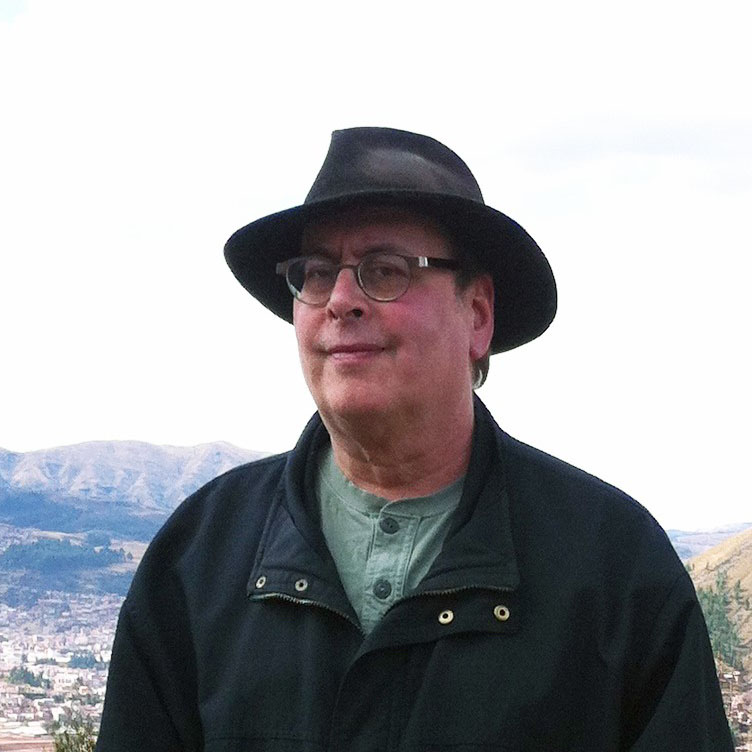Anthropology As a Consilient Science: Quechua & Ancestral Inka Cases
Bruce Mannheim, University of Michigan

Friday, September 24, 2021 | 12:00 pm
Anthropology Rm. 248
About:
North American anthropology, since the beginning of the 20th century and as we currently practice it, is a compound discipline, defined by a partially overlapping set of problems that have reconfigured the relationships among its subfields continuously. Research that crossed subfields most often followed a model of “inter-disciplinarity” in which researchers worked on separately conceived problems and compared results. I advocate a different approach, consilience, in which a singularly conceived research question brings together evidence that nominally comes from different disciplines (or sub-disciplines) to study a single social phenomenon. The disciplines themselves exist primarily to organize research methodologies and scholarly communities, but do not define distinct objects of study. I’ll discuss two examples: (1) understanding human face-to-face social interaction in general and (2) understanding the process of world-making among southern Quechuas, including their Inka ancestors. Both examples are centered in anthropology, but spill over into other named disciplines, including (but not limited to) linguistics, cognitive science, and colonial Latin American history. I conclude with (admittedly utopian) implications for the future of the discipline.
Notes:
This lecture is free and open to the public. Individuals of all abilities are encouraged to attend LAII-sponsored events. If you are a person with a disability who requires a reasonable accommodation in order to participate in one of our events, please visit laii.unm.edu/events/accessibility.html. You can find more information on available accommodations on the UNM Accessibility Resource Center website. For more information, visit laii.unm.edu or contact laiioutreach@unm.edu.
